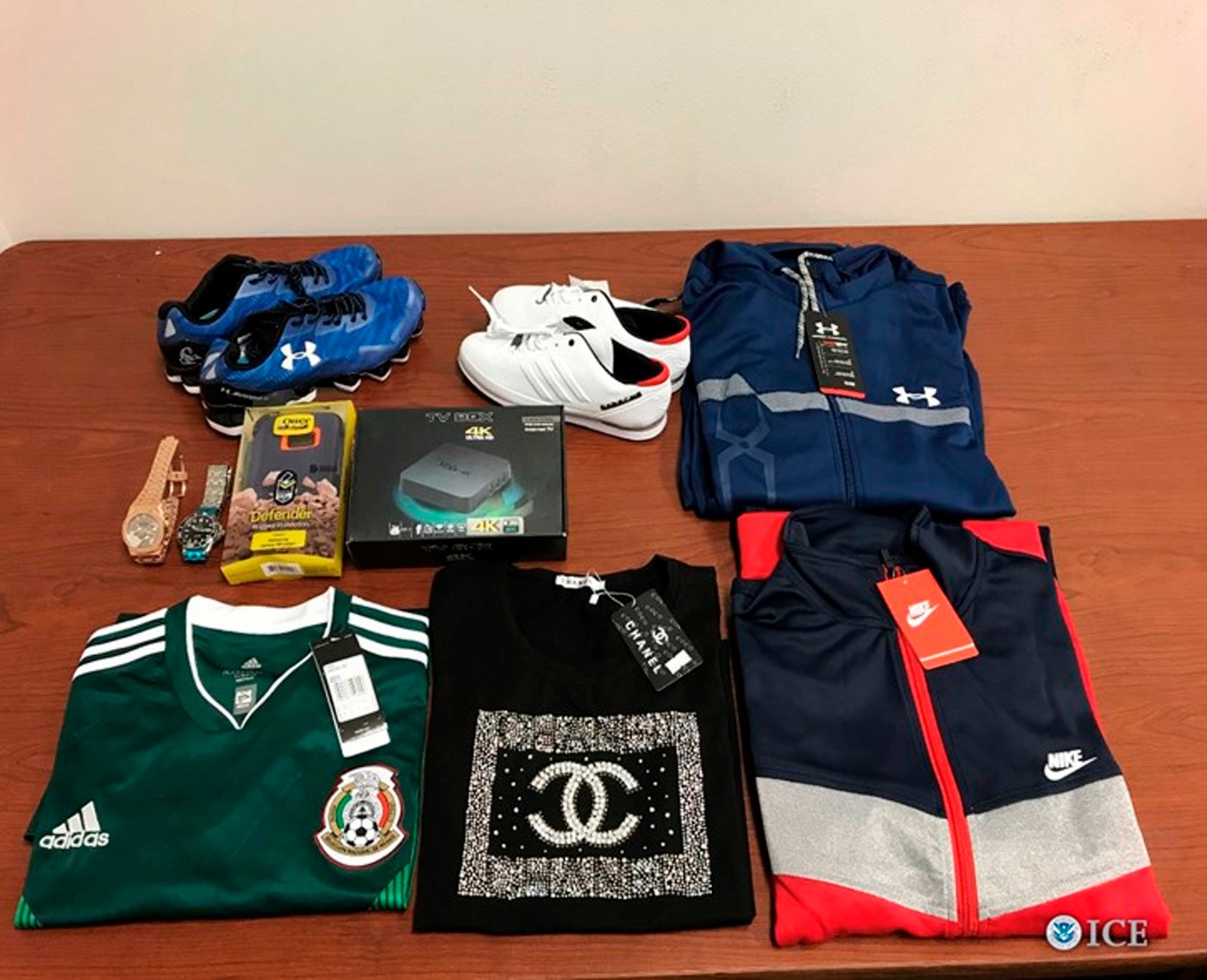
Woodward: SHOP Act targets black-market goods
A bipartisan group of senators has proposed a resolution declaring July “National Anti-Counterfeiting and Consumer Education Awareness Month.” But at least one industry organization says the sale of black-market goods is a serious economic threat that needs more than words.
The resolution from legislators including senators Chris Coons, D-Del., Chuck Grassley, R-Iowa, Thom Tillis, R-N.C., and Mazie Hirono, D-Hawaii, is meant to raise awareness of “the economic value of trademarks and their role in protecting consumers” nationwide.
How big is the counterfeit problem? In 2020, the fashion industry lost more than $50 billion in potential sales due to fakes. That means lost American jobs and lost American wages, said Jennifer Hanks at the American Apparel and Footwear Association.
“We applaud the bipartisan congressional resolution naming July anti-counterfeiting awareness month. However, we also need action,” Hanks said. She wants to see the passage of the SHOP SAFE Act, adding that it would keep dangerous counterfeit products from being sold online.
The Stopping Harmful Offers on Platforms by Screening Against Fakes in E-commerce (SAFE) Act aims to establish trademark infringement liability for e-commerce platforms when a third party sells a counterfeit product that authorities believe poses a risk to consumers’ health and safety and that platform has not implemented what government deems “certain best practices.”
Currently, brick-and-mortar retailers are held liable for the sale of counterfeit goods, while Coons’ office said platforms allowing third-party sellers and their harmful counterfeit products are often not liable.
The SHOP SAFE Act would also require brand owners to give platforms notice of their mark(s) and how best to contact the owners to install measures that prevent sales of fake items.
“Fake goods are made quickly and cheaply, using materials that may be toxic, dumping production waste into waterways, and creating a product that is likely to end up in consumers’ trash in short order,” according to a report consumer safety organization UL Standards and Engagement released in September.
“Fake goods mortgage our safety, resulting in more than 70 deaths and 350,000 serious injuries annually.”
Meanwhile, SHOP SAFE would provide what senators call “a safe harbor from liability” for platforms that vet sellers to ensure they are legit, remove listings of phony items, and remove any sellers found to be repeatedly selling counterfeit items.
“SHOP SAFE will close loopholes in current online practices and help ensure that platforms are selling authentic goods to consumers,” Hanks said.
Counterfeiting involves far more than footwear, apparel and toys, industry officials say. Counterfeits are widely found in electronics, health and beauty products, and medicines, hence the concerns about health and safety. In some cases, the people pushing fake goods are part of larger criminal enterprises that also involve drugs, human trafficking, even terrorism.
Chris Woodward writes about industry and technology for InsideSources.com.


